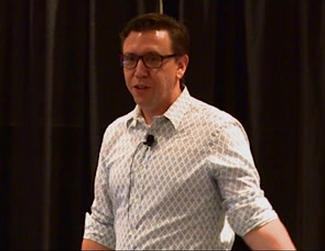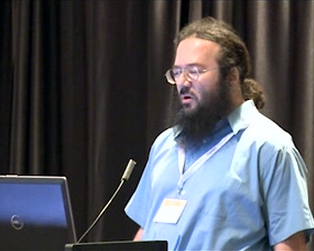Quick Q: Why can a constexpr function return a non-constant?
Quick A: Because constexpr means can be evaluated at compile time, not that it will be. And it won’t be if the inputs aren’t compile-time constants.
Recently on SO:
I am confused about a constexpr function?
In C++ Primer, Fifth Edition, §6.5.2:
but another sentence in this chapter (page 239):A
constexprfunction is defined like any other function but must meet certain restrictions: The return type and the type of each parameter in must be a literal type (§2.4.4, p. 66), and the function body must contain exactly one return statementA constexpr function is permitted to return a value that is not a constant
// scale(arg) is a constant expression if arg is a constant expression constexpr size_t scale(size_t cnt) { return new_sz() * cnt; }Is it a contradictory summary? I am confused about it.
The return type ofscaleis literal type?
update: what's the difference between literal type and constant ?

 While we wait for CppCon 2015 in September, we’re featuring videos of some of the 100+ talks from CppCon 2014. Here is today’s feature:
While we wait for CppCon 2015 in September, we’re featuring videos of some of the 100+ talks from CppCon 2014. Here is today’s feature: While we wait for CppCon 2015 in September, we’re featuring videos of some of the 100+ talks from CppCon 2014. Here is today’s feature:
While we wait for CppCon 2015 in September, we’re featuring videos of some of the 100+ talks from CppCon 2014. Here is today’s feature: